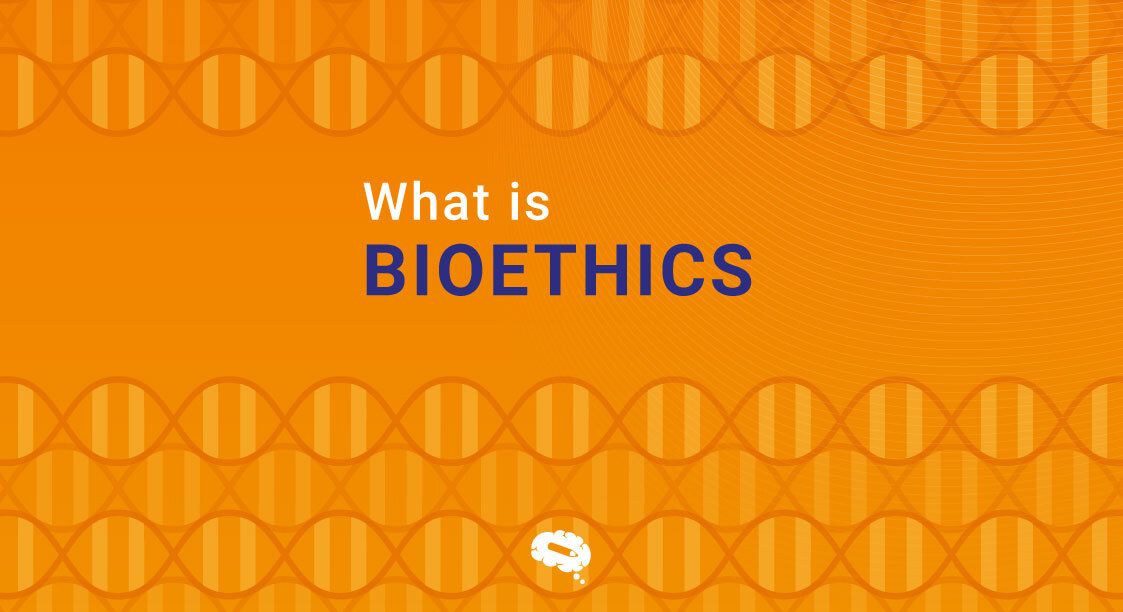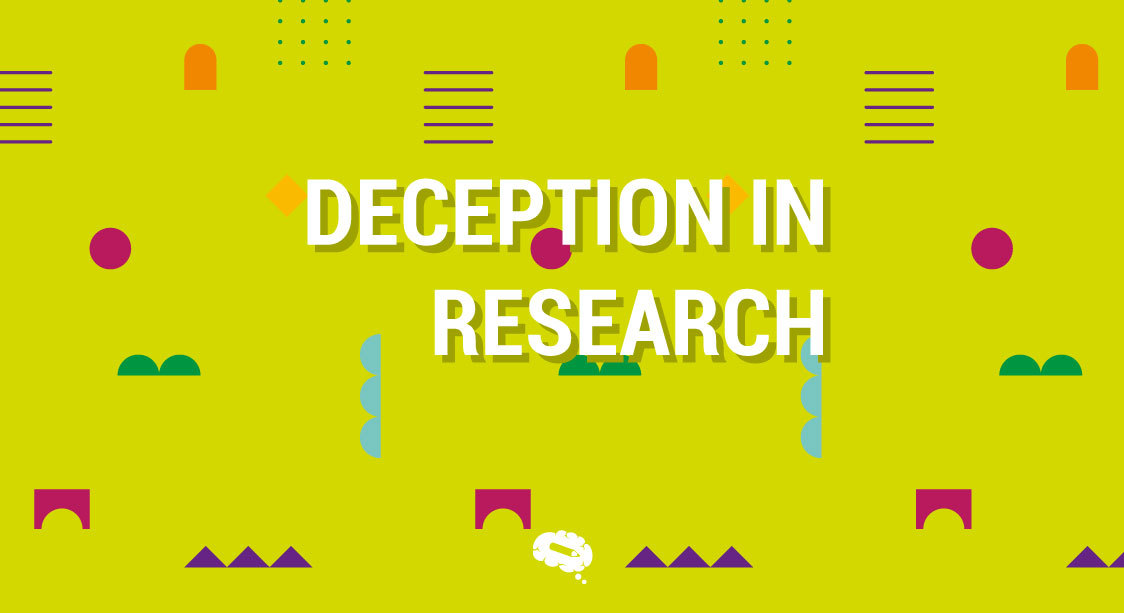With the development of new medicines, biomedical interventions, and plant and animal genetic engineering, millions of lives are benefiting from new technologies. It is important to note, however, that these same advancements may also bring harm to others or raise other kinds of ethical uncertainties.
A new set of challenges arise once treatments or drugs are tested in clinical trials on human subjects, such as the need to ensure ethical compliance and ensure subjects’ safety.
In practice, some of these new approaches eventually exit the pipeline, which requires individuals, their families, and medical professionals to assess the risks and weigh the benefits. Hence, bioethics exists. Health and science policy, life sciences, and health care are considered to be the basis of bioethics, an all-encompassing field of study.
What is bioethics?
Bioethics is the study of issues arising in biomedicine and biomedical research that are ethical, social, and legal. It is necessary to explain each part of bioethics. Ethics refers to identifying, studying, and resolving or mitigating conflicts between opposing principles.
A timeless ethical question is “How should we act, taking into account everything? The term “bio” places this ethical question within the context of a biological institution. The focus of bioethics is on healthcare, research ethics, and environmental ethics, which examines issues related to human activities and public health ethics.
Educators, lecturers, policy writers, and ethics committee members, bioethicists conduct research and advise on ethical, social, and legal issues in medical research and health care. An academic bioethicist may work for a university, a hospital or medical center, or a government agency, a private corporation or a foundation.
In research, ethics are of utmost importance
The ethics of research covers a wide range of ethical concerns or questions that arise during the study of research, regardless of whether the research involves humans or animals, clinical research or applied science.
Regulatory frameworks cannot address most ethical questions. Though viewed as unbiased and fact-based, research science faces ethical concerns as well. Several issues are relevant to research ethics, including governance at the global and national levels, confidentiality, scientific integrity, validity, reliability, potential contradictions of interests, therapeutic misperceptions, secondary and unforeseen findings, placebos, responsibilities of researchers to local communities, and informed consent, among others.
The values that are fundamental to collaborative work, such as trust, responsibility, mutual respect, and integrity, are promoted by ethical practices, which are often employed in research involving many different people from a variety of disciplines and organizations.
There are many ethical norms in research that protect intellectual property interests while encouraging interdisciplinary cooperation, such as guidelines for attribution, copyright policies, and patent policies. Researcher accountability is enhanced by many ethical norms.
Ethical principles in various fields
Several categories of bioethical issues can be identified. Besides doctors and patients, they involve scientists, politicians, and the general public. Bioethics has a number of specific areas which are discussed below.
Clinical Ethics
The discipline of clinical ethics looks for ways to deal with ethical questions or differences of opinion that arise during the practice of medicine. Ethics practitioners identify, evaluate, and resolve moral conflicts between professionals, individuals, groups, families, guardians, or other stakeholders when disagreements or uncertainties emerge.
Genetics
Genetics plays a major role in medicine today, whether it is in preventing, investigating, administering, or making reproductive decisions. Value conflicts arise as a result of advancing genetic technologies. In this situation, bioethicists investigate what is ethically reasonable if an individual has a mutation for a serious genetic disorder that is still incurable.
In the event that whole genome sequencing indicates serious potential risks associated with conceiving children in the future, what ethical obligations do parents have for their future children? The age of genomics has brought bioethics to a new level.
Health Policy
Public health policies are efforts by governments to regulate health care. Providing access to health care must be a priority of government policy. Healing research must be stimulated, health quality should be protected, and health care expenditures must be controlled. Given the huge public investments made in health care, equity is the moral value most important to health policy.
Neuroethics
In neuroethics, research is systematized, defended, and recommended in order to resolve those concerns. There are a number of topics that can be addressed by this platform, including neuroenhancement drugs, memory dampening procedures, neural prostheses, neuroimaging and policy issues around neurotechnologies. It examines how we think about and treats one another from a theoretical and reflective perspective.
Reproductive Ethics
The subject of reproductive ethics raises social and legal controversy and is closely linked to the issue of reproductive justice. A number of issues are addressed in this field, including assisted reproduction, the surrogate role, modifying offspring genetically, and controlling fertility (contraception), terminating a pregnancy (abortion), access to minors, and general concerns about children and mothers’ rights and welfare.
Shared Decision-Making
Physicians use their experience along with evidence-based knowledge to make informed decisions relating to treatment. In light of their values and preferences, the patient then clarifies and determines their healthcare alternatives based on the information provided. In medical practice, shared decision-making reflects ethical medical practice and acknowledges the commitment to the autonomy of patients. Patient-centered care is at its best when two experts make decisions together.
With no effort, you can create beautiful scientific infographics
Take advantage of the power of infographics to make your scientific work more impactful in the long run. Using Mind The Graph tool, you can access 60,000+ high-quality scientific images in 80+ widely used fields and discover amazing templates. Our experts can also create customized infographics for you. Together, we can always put up an extraordinary infographic!

Subscribe to our newsletter
Exclusive high quality content about effective visual
communication in science.




